Why we celebrate Australia Day on January 26
January 26 - it’s one of Australia’s most divisive days. And while there are differing interpretations of what it means to celebrate it, the origin of the date is indisputable.
January 26 — it’s one of Australia’s most divisive days.
For some, our national holiday means little more than a day off, a BBQ, copious amounts of alcohol and soaking up the last real moments of summer.
But for Indigenous Australians, Australia Day is not cause for a pool party or First Fleet re-enactment, but for mourning. Invasion Day marks the dispossession of our first people — who continue to suffer the effects of colonisation and racism.
And as an increasing number of Aussies come to acknowledge this — and join the call to change the date, or abolish it entirely — it begs the question why we bother to celebrate January 26 at all.
What’s the significance behind Australia Day?
While there are differing interpretations of what it means to celebrate on January 26, the historical origin of the date is indisputable.
At its base level, Australia Day commemorates the arrival of the First Fleet, 224 years ago, at Port Jackson.
January 26 is not a day for celebration – that’s why news.com.au is campaigning to change the date of Australia Day, so we can celebrate the best country in the world, without leaving anyone behind.
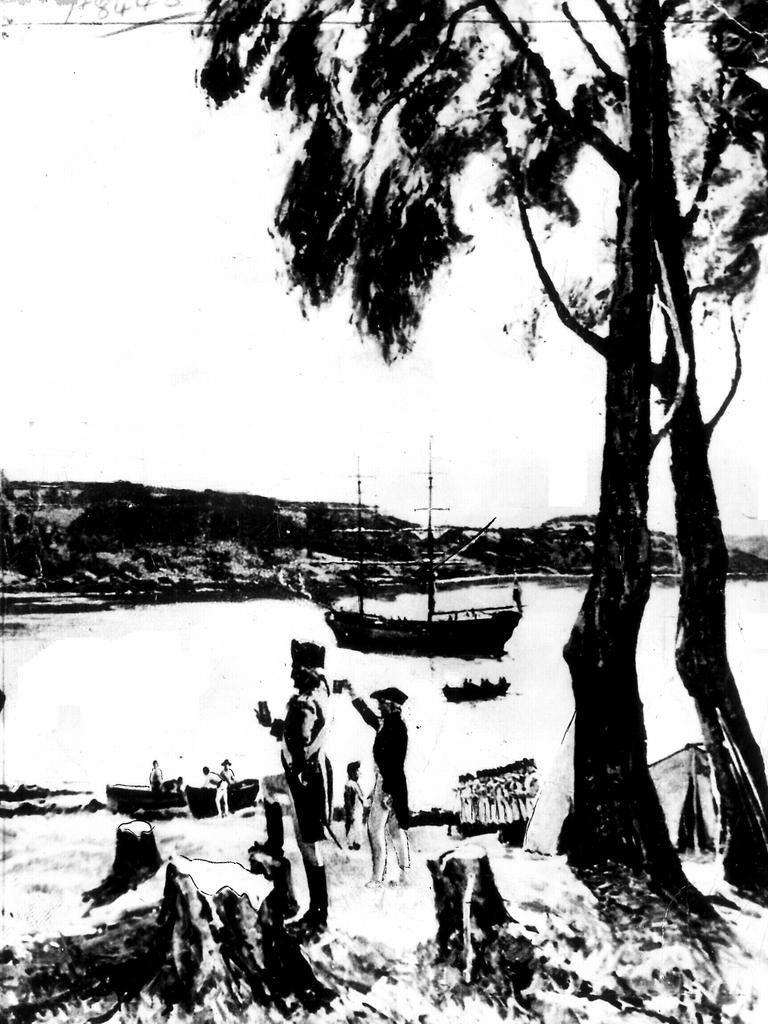
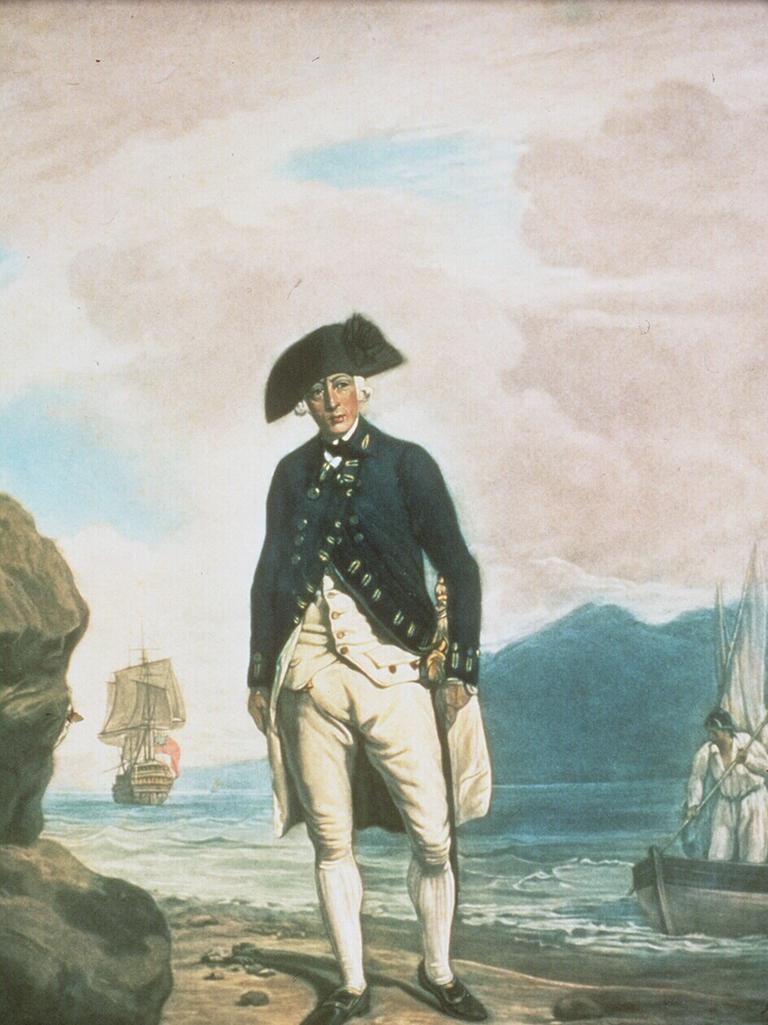
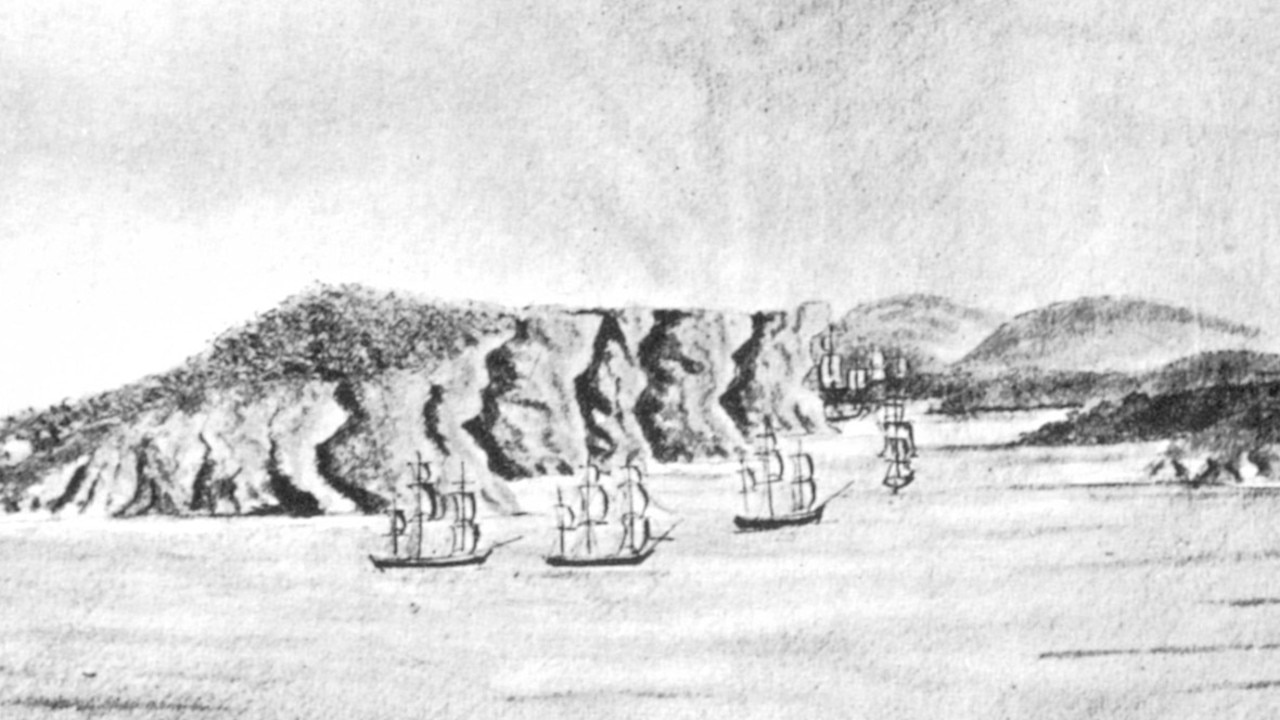
Some of the Fleet — comprised of 11 ships, aboard which were more than 1480 men, women and children — actually arrived at Botany Bay more than a week before, on January 18, 1788. Having found Botany Bay was not as bountiful in freshwater and fertile soil as explorer Captain James Cook had suggested, the ships decided to move north to Sydney Cove.
“Arthur Phillip arrived at Sydney Cove and raised the national flag of the United Kingdom on January 26, 1788. In doing so, he founded the colony of New South Wales and, at the same time, commenced the dispossession and marginalisation of Indigenous people,” Kungarakan Elder and University of Canberra chancellor, Professor Tom Calma, wrote for The Conversation in 2018.
Despite the Proclamation of NSW Governor Richard Bourke in 1835, implementing the legal principle of terra nullius (“land belonging to no one”) as the basis for British settlement, Australia was inhabited long before the arrival of the First Fleet — Indigenous people had been living on the continent for tens of thousands of years prior.
For Indigenous Australians, the raising of the Union Jack in 1788 marked the beginning of decades of massacres, land theft, stolen children and oppression.
“Today, Indigenous peoples are still recovering from the chain of events that were set in motion on that day in 1788,” Prof Calma explained.
“The ongoing impact can be seen in disturbing rates of Indigenous incarceration and the growing overrepresentation of Indigenous child in out-of-home care, to give just two of many examples.”
Has Australia Day always been observed on January 26?
The origins of celebrating Australia Day on January 26 don’t actually date back that far.
The occasion was initially referred to as “First Landing Day” or “Foundation Day” and early settlers held anniversary dinners to commemorate it. But the holiday was still quite a NSW-centric occasion and other states had their own holidays — until 1888, when “Anniversary Day”, as it was then known, was a holiday in all capital cities except Adelaide.
Even at this stage, there were reservations about celebrating this day as many thought NSW’s convict origins were better left in the past. The NSW governor Henry Parkes also recognised the day was a reminder to Indigenous Australians of how they had been “robbed”.
So it wasn’t always an obvious choice for Australia’s national day.
After the Commonwealth of Australia was founded in 1901, there was renewed interest in setting a foundational holiday, with the Australian Natives Association trying to find a suitable date.
Empire Day was first introduced on May 24, 1905 to commemorate the late Queen Victoria’s birthday and as recognition of the strength of imperial ties.
The first “Australia Day” was actually held on July 30, 1915 to raise funds for the World War I effort.
Only in 1935 did all states and territories adopted use of the name “Australia Day” and agreed to mark the occasion on January 26.
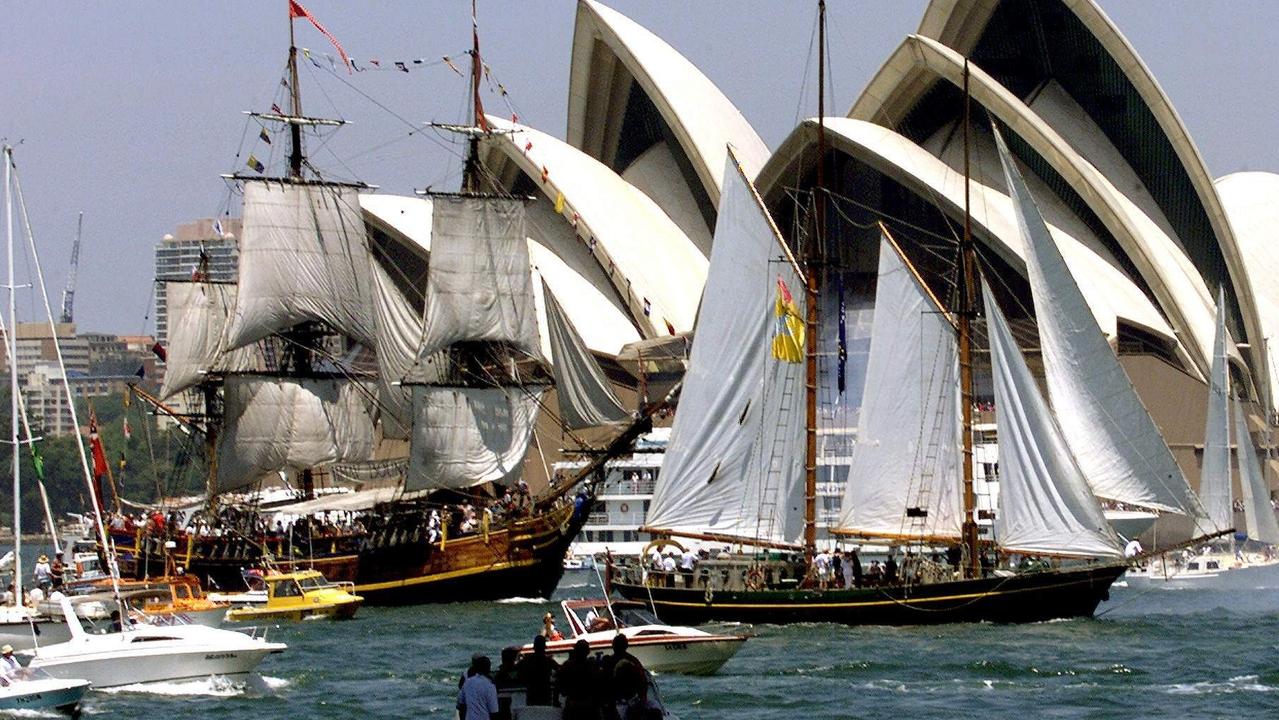
It then took until the 1940s for Australia to get its national holiday in place and it wasn’t until 1984 that the National Australia Day Committee was federally funded.
By the 1960s, the day became “a means of promoting Australian identity and social cohesion in a society in which non-British immigration was increasing quickly”, University of Sydney historian, Professor Mark McKenna, explained in The Conversation in 2012.
And since the early 1990s, Australia Day took “on a much greater importance” and there was “less division and criticism, and a more popular, enthusiastic embrace of the day”.
Will we ever change the date?
While many Australians argue that we have much to celebrate about this country, it shouldn’t come at the expense of our First Nations peoples.
“As the history books indicate, January 26 festivities were initiated to mark the arrival of the first British colonists and the establishment of a British colony on the east coast of Australia,” Prof Calma noted.
“This history involves a period of conflict that continued until the 1960s, as well as government policies of assimilation, separation and dispossession. During this time, many Indigenous people were removed from their traditional lands, and stopped from practising their language and culture.”
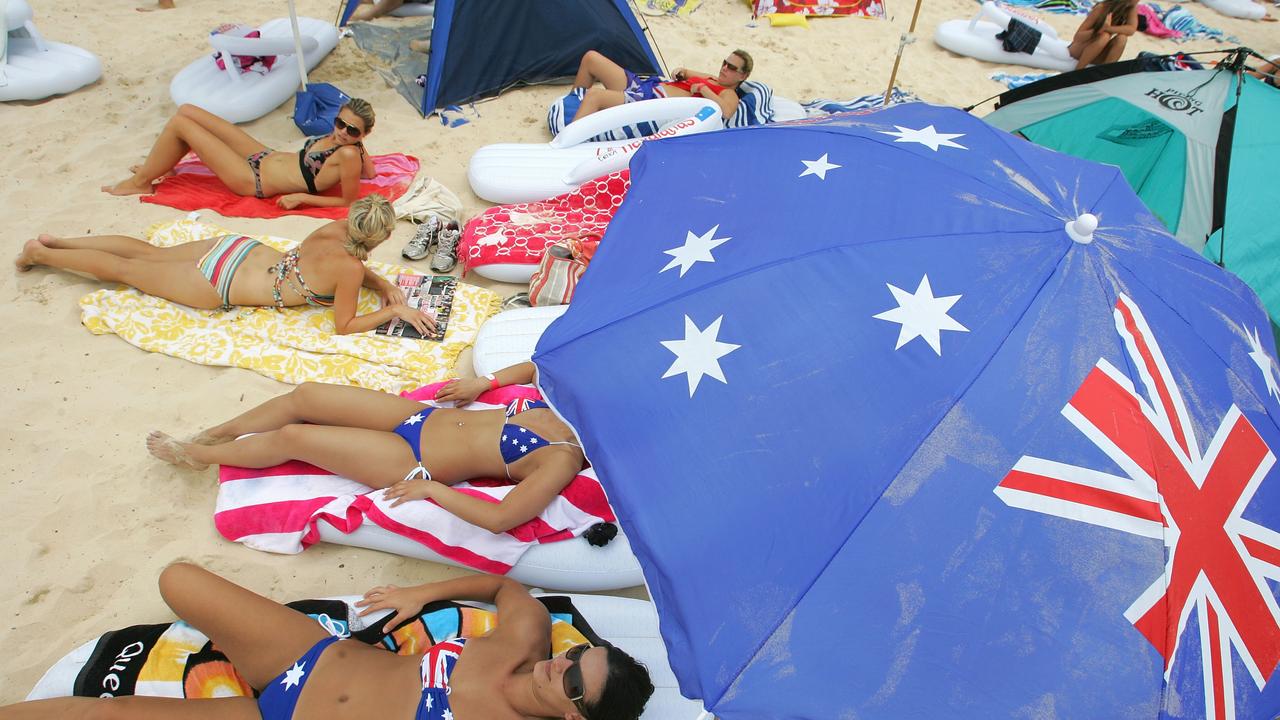
Refusing to change the date, he pointed out, “positions European settlement as the primary source of national identity and pride”.
“In doing so, it ignores more than 60,000 years of pre-colonial history and 230 years of multicultural migration to Australia,” Prof Calma added.
“By changing the date, Australia can show that it is ready to truly accept and include Indigenous histories, cultures and contributions as a valued part of the Australian story.”
As Kamilaroi man and Channel 9 sports journalist, Jake Duke, told Clothing the Gap, “there are many other options that would be far more unifying and inclusive” than January 26.
“Even if the date is a floating one every year – the same way Easter or the Melbourne Cup is decided. I still think it should remain in January so that people can enjoy a public holiday in summer and celebrate all the things that are great about being Australian,” he added.
“I would also like to see January 26 marked as a far more sombre occasion. A day to reflect on the dark parts of our history, so we can move forward together as a nation.”




